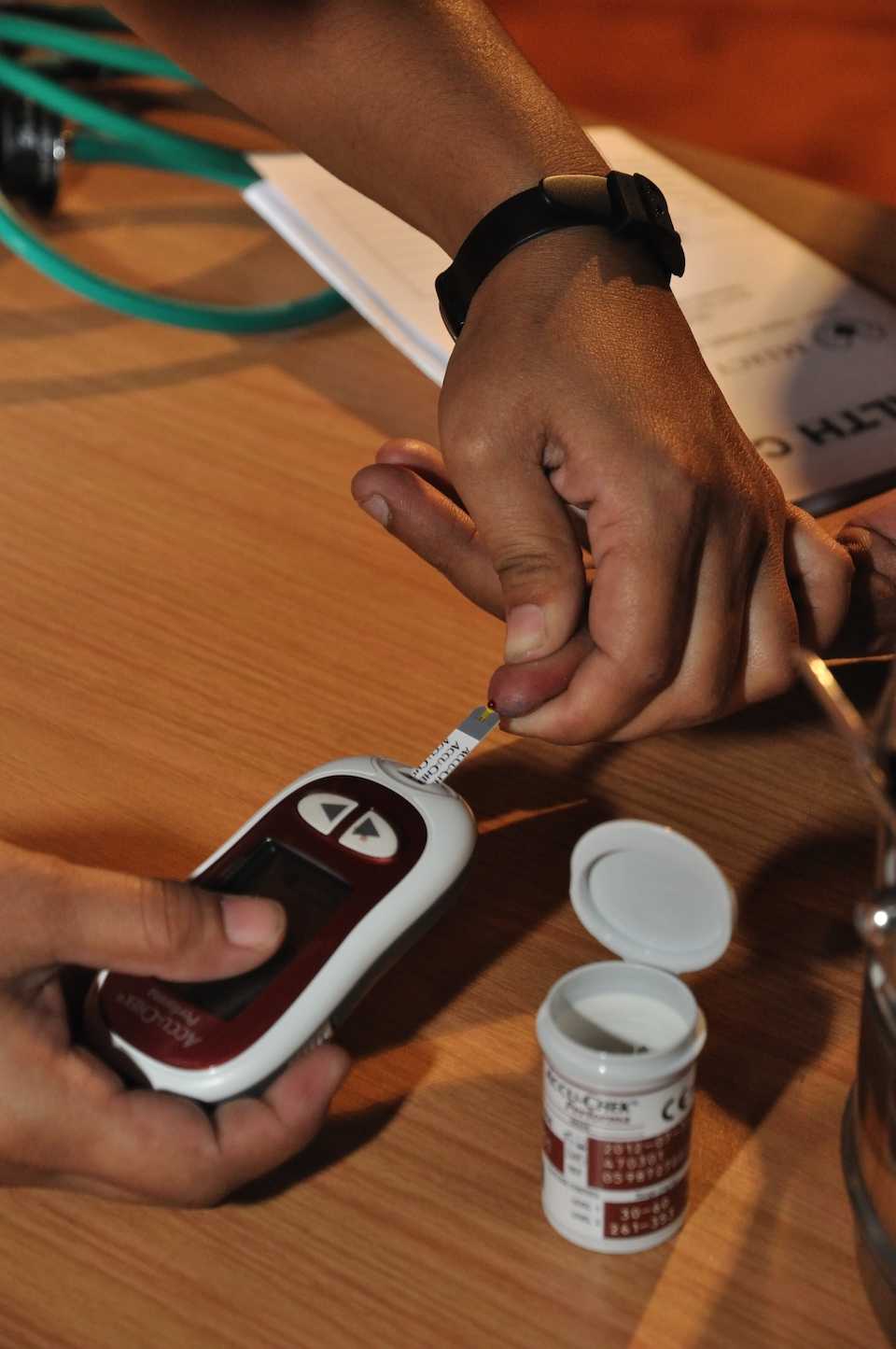Can Diabetic Patients Get Lasik?
Diabetes can affect the eyes in multiple ways. In the big picture, the more uncontrolled the diabetes, the greater the amount of vision loss. However, the opposite is also true, the more controlled diabetes is, the less diabetes hurts the eyes. Because of this, certain diabetic patients have normal eyes and vision are still eligible to go through lasik and get their vision corrected.
Diabetes causes the lens inside the eye to swell if the blood sugar levels get too high. Swelling of the lens changes the shape of the lens. This change in shape actually can change your vision. Fortunately these are reversible changes. Once the blood sugars returns to a normal level this swelling gradually decreases. The important issue with lasik, however, is that lasik treats the prescription of your eye. If the measured prescription is temporarily wrong because of swelling from diabetes, then when the sugars are back in control and the prescription reverts back to normal, lasik will have treated the incorrect prescription! This can make your vision blurry and require glasses or an enhancement. Therefore, prior to lasik, it is important to ensure normal blood sugar levels to make sure the measured prescription is the correct and permanent prescription.
Diabetes also affects the healing process. Lasik causes some degree in dryness in everyone by affecting the function of the nerves within the cornea. Because diabetes also affects the function of nerves, diabetic patients will have a little more dryness after lasik and a little more prolonged recovery period than someone without diabetes.
It is very possible to get your vision corrected even if you have diabetes. The most important thing, however, is to keep the diabetes under control. Doing so keeps the eyes as healthy as possible.
Related Articles
Also check out EyeMountain.com for more great eye articles
Please note: The general information provided on the Website is for informational purposes only and is not professional medical advice, diagnosis, treatment, or care, nor is it intended to be a substitute therefore. See the Disclaimer and Terms of Use for more information
